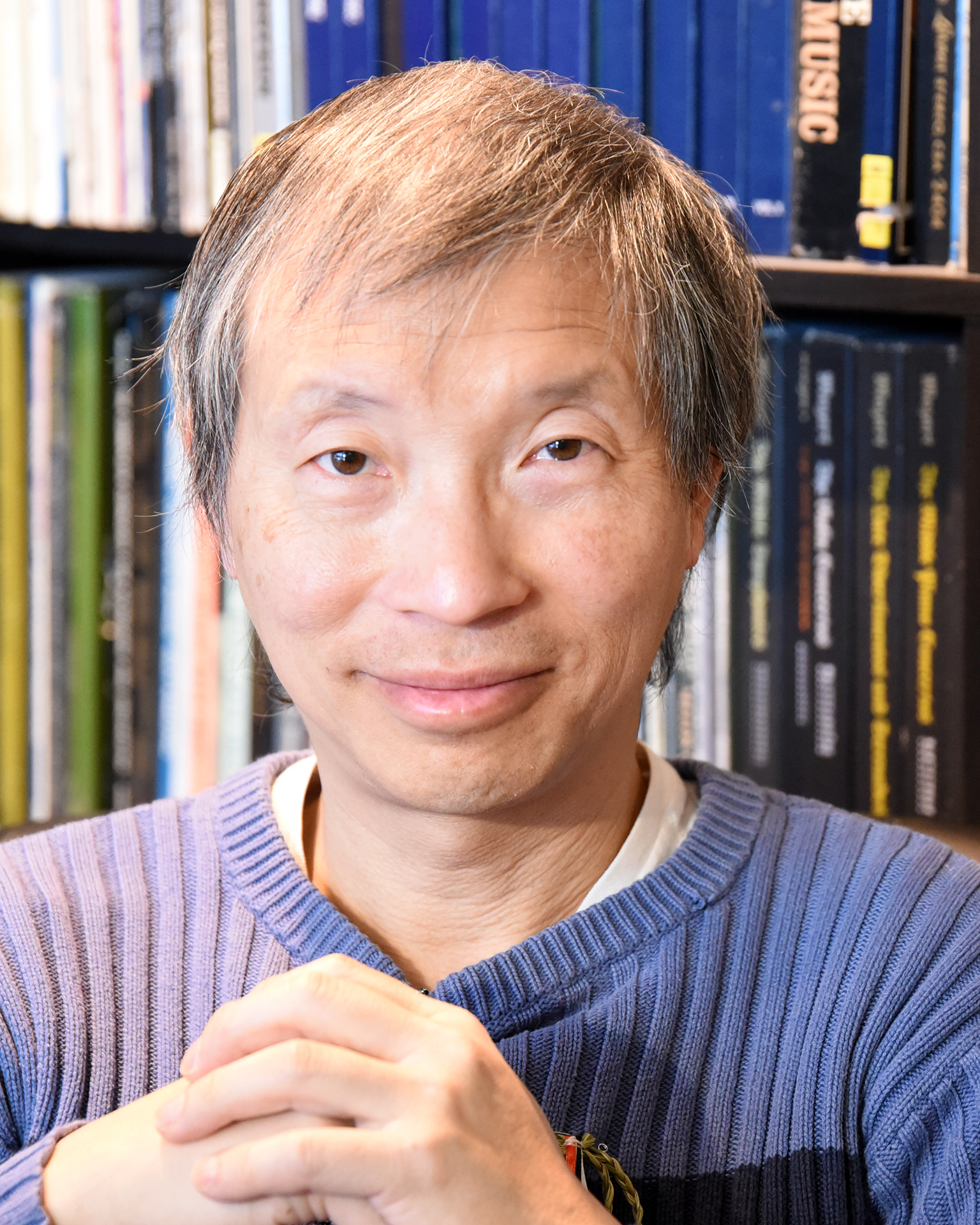Literature as a Tool of Environmental, Physical and Mental Health

Special Issue Information
Dear Colleagues,
In his groundbreaking book The Symbolic Species, Terrence Deacon (1997) theorized from the interdisciplinary angle of neuroscience and evolutionary anthropology that symbolic thinking engaged a two-million year co-evolution of language and the brain. This development allowed the human species to bond, forge group cooperation, and eventually build civilisations. In its most complex form, symbolic communication emerges in the form of stories: “We tell stories about our real experiences and invent stories about imagined ones, and we even make use of these stories to organize our lives. In a real sense, we live our lives in this shared virtual world” (p.22). Deacon’s theory inspired bibliotherapist Joseph Gold (2002) who subsequently argued that Literature (and storytelling in general), in turn, could function as a tool of healing: “The goal of using fiction as therapy is to move the reader’s brain into language/narrative action. Reading fiction is practice for reading one’s own life and ‘reading’ is used here to signify a self management, an active and creative thought process achieved in the medium of language” (p.136). The capitalization emphasizes “Literature a biological behaviour rather than exclusively as a cultural production” (p.xi). Literature can change a person emotionally and rationally; it can change the brain physically through neuroplasticity. At a communal level, it can also change our social or even natural environment as people engage narrative actions collectively.
After a quarter of a century, many studies across many disciplines have explored how Literature works as a tool of environmental, physical and mental health (see, for example, “Narrative and Mind: Toward a Transdisciplinary Approach” in Storytelling and the Sciences of Mind by David Herman (2017). This special issue of Environment and Social Psychology invites submissions of papers that communicate empirical, theoretical, and/or critical studies on the topic.
Dr. Hoi Cheu and Dr. Sylvia Hunt
Guest Editors









